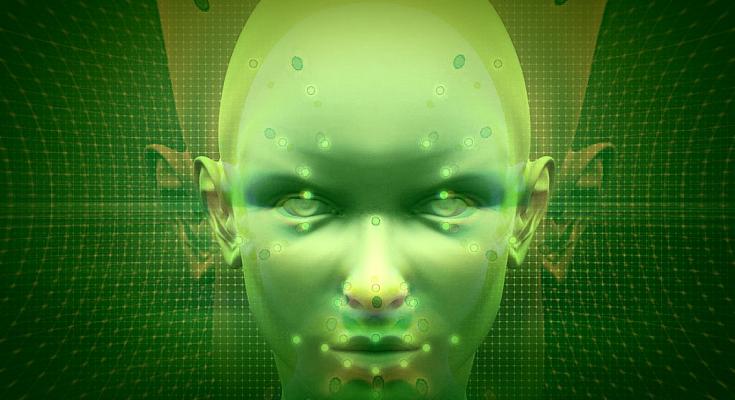On September 24, 2019, Google made available a database containing 3000 deepfakes. The goal is to help researchers who design tools to fight against real-life video fakes that can be very dangerous during an election period.
The spectrum of deepfakes haunts the upcoming US presidential elections in November 2020. Indeed, these true-to-life video fakes are very difficult to detect and represent a real danger to the integrity of information during an election period. Without great technical knowledge, it is possible from a limited sample to imitate the face and voice of anyone. Google understood this problem and decided to act.
PROVIDE CONTENT FOR ACADEMIC RESEARCH
On September 24, 2019, the digital giant has made available a set of data containing 3000 deepfakes for researchers specialized in their detection. Thus, they will be able to train their tools more easily.
To create this set, Google has filmed actors with their consents and paid for them. He also promises to regularly feed this database to keep up with rapidly changing technologies in this area. The latter has been integrated in “FaceForensics benchmark”, a program of detection of manipulated videos designed by the Technical University of Munich and Federico II University of Naples.
EXAMPLES FLOURISH ON THE CANVAS
Donald Trump accusing Barack Obama of rape, the former president of the United States treating his successor “asshole” or Mark Zuckerberg taking a funny position on privacy … these examples flourish on the web. And deepfakes can go even further, to pornography for example. In the autumn of 2017, for example, a video features British actress Daisy Ridley on the Reddit community site. It is easy to understand the harm that may arise from such a situation.
A SIMILAR INITIATIVE LAUNCHED BY FACEBOOK
A similar initiative was launched on September 6, 2019, by Facebook, Microsoft and several prestigious universities. The social network commissioned the creation of a set of data that was made available to researchers and then launched a deepfake detection contest with the key $ 10 million prize. In the sight of these actors: the next US elections in November 2020.
ANTI-DEEPFAKE LEGISLATION IN THE UNITED STATES
According to the American website The Verge, Texas would have a law “anti-deepfakes” especially for the next elections. The latter came into effect on September 1, 2019.
For its part, the Hexagon has not yet had specific legislation for deepfakes. A first step was still taken with the law of 22 December 2018 on the fight against the manipulation of information. In concrete terms, this text created a new route of summary proceedings aimed at stopping the dissemination of false information in the three months preceding a national election. Once seized, the judge must assess, within 48 hours, whether these data are disseminated “artificially or automated” and “massive”.



